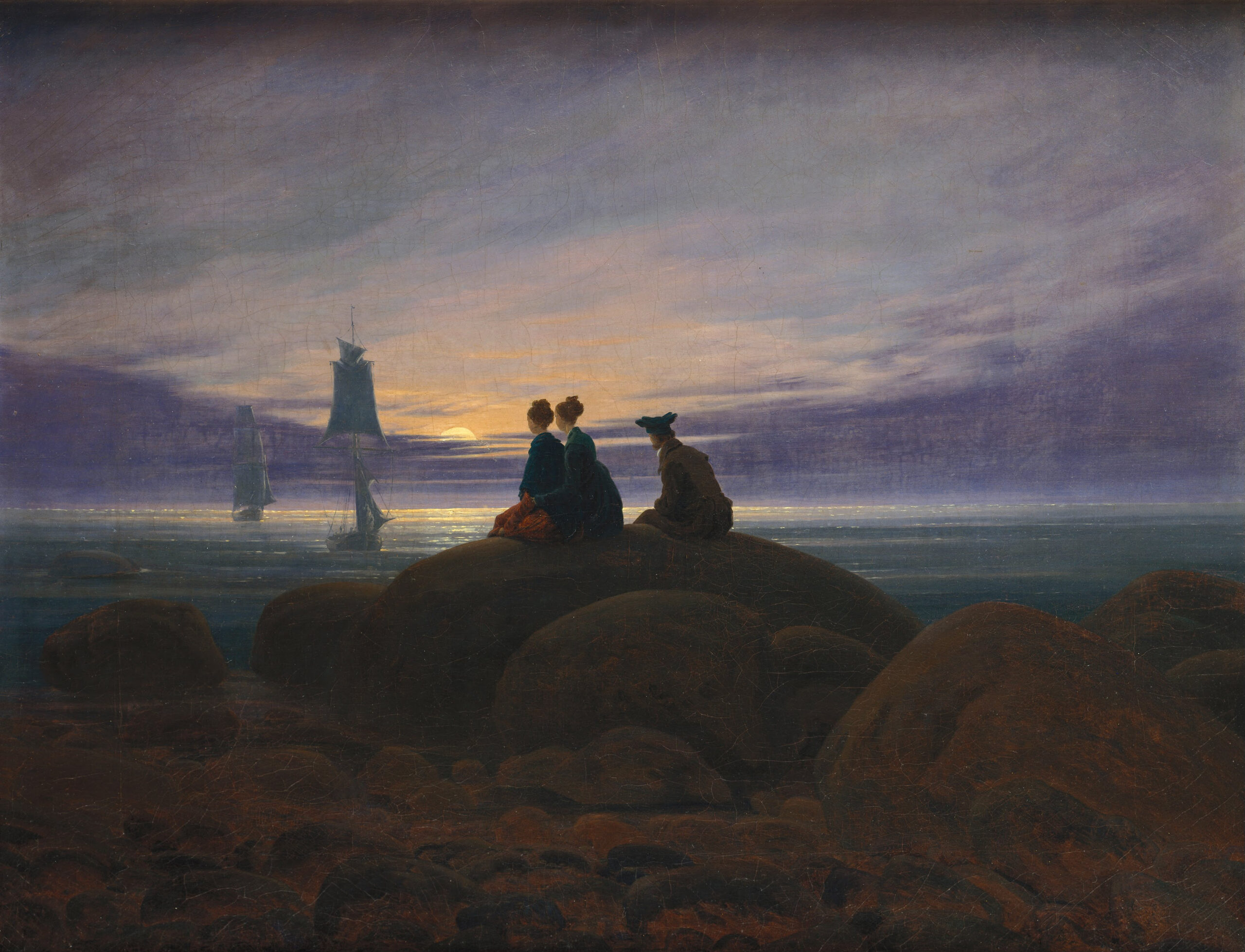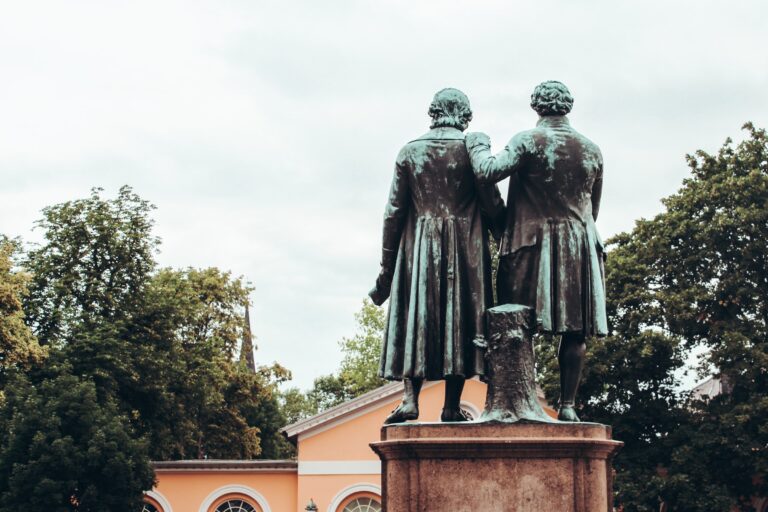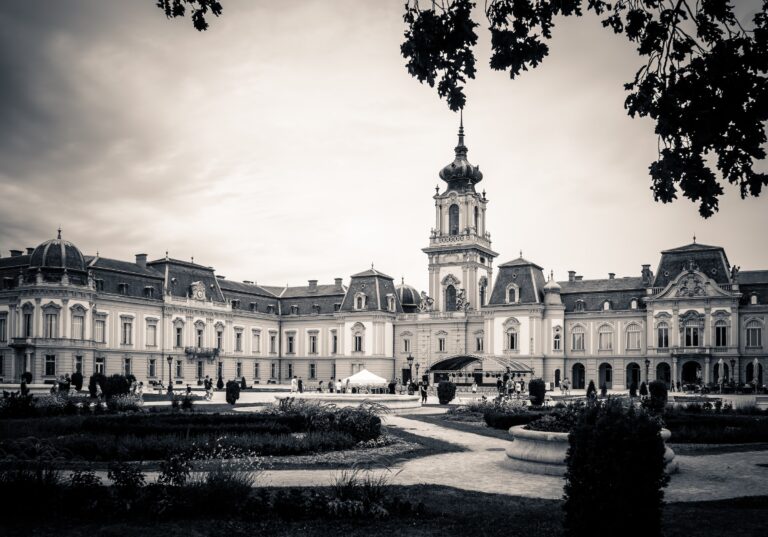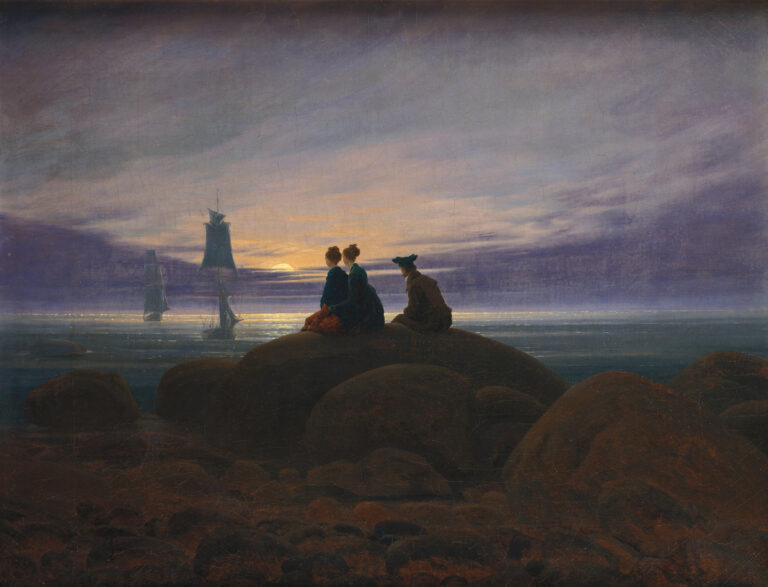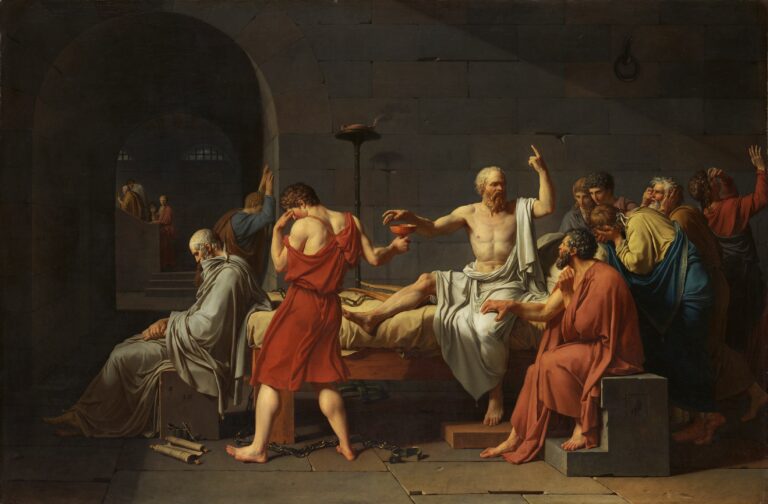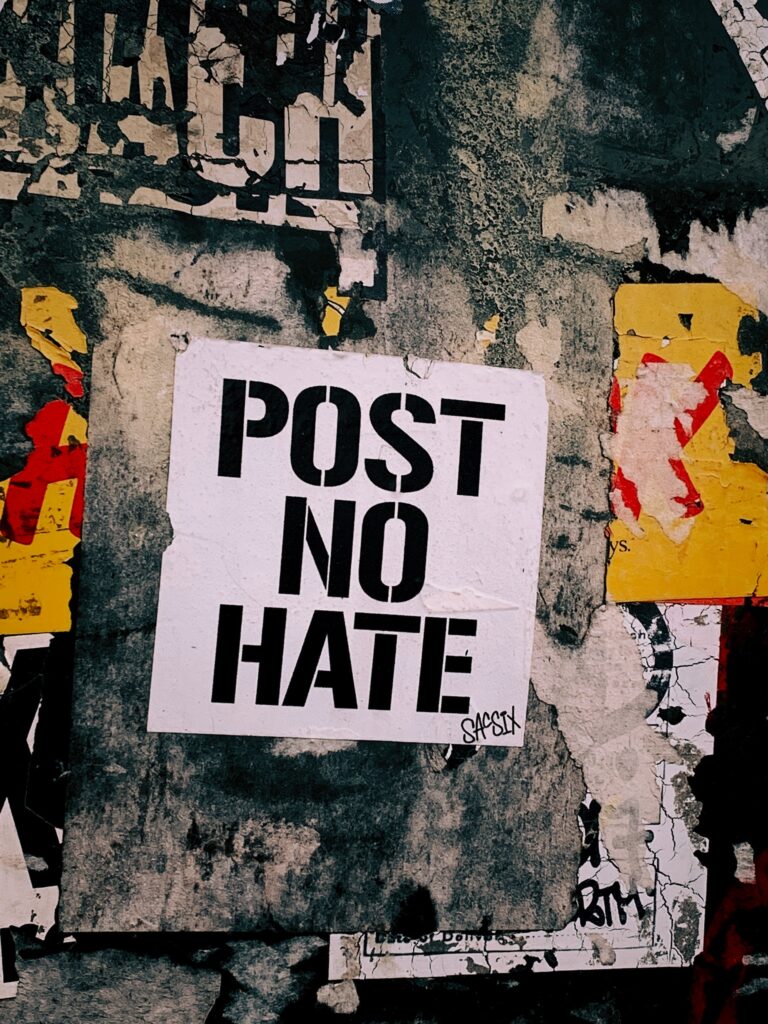In life you are not alone. There are things which augment you, make you into something more than an I, and there are things which deplete you by drawing attention to that same I. Whether it is the one or the other depends on your inwardness, the degree to which you are alive. Hence infinitely beyond that very I.
Nobody is beyond this, and most of us desire to escape it; but the poet moves through it. A single wish of otherwise would render him or her unpoetic.
I
“Ice flakes carried away by a stream. All the world knows it is spring.”
One aspect is clear from the sentences, which is that we all understand them. Things underlie a greater whole in us, and together with everyone of us have a one-time character: the heartbeat. Seldom can they be understood by their purpose. So for each one: it is vast, confidential and deep, and sharing — not intelligence — is required to hold on to it; why it even refuses to be in multiple dressings at once unless this beat is included, a beat whose openness bypasses any conceptual part of it.
In other words, rather than being a property of an organism, life is a property of an organism in relationship to its environment in a profound way. The mind summons itself in the course of life as natural transformation sparks through bits that already have become in him, because something ecstatic is found within life, something both in the person and also out of him. A passage between the I and the we.
Always a deluding experience of the world occurs when when the I carries forth to verify the myriad things. Soon what bends down and picks itself up undergoes the I’s attempt to be taken from a neighbour, when the connecting beat is lost.
There is another, poetic approach. It is important to emphasise that the poetic does not understand things as though distance was available. “Philosophy can — in best case — make an understanding clear,” Løgstrup once wrote, and continued, “Poetry can make it present.” He meant approachable, really be-near-oneself for in Danish the word for present is nærværende, near-being.
A presence wherein the myriad of things may come forth and verify his life by placing it wholeheartedly in the whole. Part and parcel of its essence as cosmos as all that is, and to the ends of it; a continuum with nothing outside it. One that has a rhythmic propulsion onward from life to death and vice versa, and avoids posing the I as the centre by way of turning the light on it, but only if it is in concert with attenuation of its brightness. And to get there, life, death, and the presence of things will be the guiding stars.
( That is to say, ultimately the things know.
( Processes of growing together whereby the poet indicates alternate meanings. The key to spelling this out in some detail is life and death.
( real but undefinable sense restricted and yet utterly unrestricted, least to human views. Because of which he indicate alternate meanings. Neither with live words nor dead words, for he walks livingly with the world.
( The poet lives on a deeper layer beneath the human to human relations. One does not understand the world, the world understands us and he merely makes this present because he has removed the distance in his words, which is the real meaning of the sentences; one, finally, lives it. That is it. In other words, he has removed the distance to life as such. He never interprets the we in strictly human terms.
( human beings fail to notice this, and even if they do, they notice it in fellow human beings as a mirror of their own life.
II
Between life and death utter opposition shall appear is modernity. Some go deeper into the spirit of this age and assert another perspective while nonetheless living so, “Life and death are dependent on one another.” They have rightly noticed we cannot possess the one without the other, and dialectical reflection leads them to assert both are needed just as the body is in need of both water and drought to evolve.
To approach the subtlety of these examples is to be a person who has been there, and moving away requires a step that is speculative, yet in the proper sense of the word justified. Over against a perspective that ends with the psychological, through entering life itself in an ever-more way, feeling its spirit palpitate within, there is a primordial corner of human transparency from which it is liveable that death stands infinitely on the exact same line as life does in things’ otherness.
Rome’s poem of origin has a line starting, “Sunt lacrimae rerum.” Exhausted, sad, hopeful, personal, always poignant, and replete with present life, it asks to be read as picture of the living. We can appreciate this all the better if we follow the line to its utmost where a remarkable thing happens. Things simply become living. However not in the conventional sense of being in possession of other human being’s qualities; still less in one’s own qualities.
Far more than that for it goes further by seeing the tears of them, not merely in other human beings. On the face of it this might sound strange, but then we have lost our highest element in which we share with things.
The latter part of the line is equally important. “Mentem mortalia tangunt” indicates how death is even a part of things. The frieze can die. There is a world of difference between projecting our own human mortality onto a thing, and through a poignant regret letting the thing’s mortality receive its proper space. This the similarity of primordial life and death. We are as far away from taking something from the neighbour as possible, or slipping back into the dialectic. The moment has occurred wherein the I has been replaced by the beat, the human with the living. In Virgil to digte did that.
In essence he possessed no understanding himself, but rather made another life-understanding present, one which belongs to the world, and, furthermore, presence is a prerequisite for real understanding which again belongs to the primordial heart.
Like a pair of magnetic compasses: when the one moves, the other moves with it, for only one thing is at work. One force always permeates them both. If and only if the world never hid its primordial heartbeat at work within because of which the beat is not lost.
Surely the highest way of living death is to recognise in what is uniquely your utmost own, something of other to you, hearing the sound of its silent beat. For death is precisely anything but the I’s.
The bird flies while the spider eats, the next moment you cross the road, enter the door and discover your mother crying over her father’s death all the while each heartbeat within you slowly counted down as it gave you life.
And so the poet makes the silent present, for the right understanding of the italicised sentences above is that the world knows — that the poet makes present.
Despite closer to the point, also allows for a degree of multidimensionality, it is still insufficient.
“It is thinkable that death stands infinitely closer to us than life itself.”
* * *
The beat was silent at the very moment the sound of the breath’s exhalation and inhalation increased in Aeneas.
κόσμος is what transcends and envelops the I by transcending the everyday experience of opposition between life and death, also that which enables the transcendence within the poet for he too is born and died with the duration of each single beat. Because, ultimately, human begins cannot be thought of merely from within. A multidimensionality of living breaks open dyed with multiple colours of the same source is life’s similarity to death.
All of which is to say that such is one of his ways of growing together.
in terms of forgetting. We learn of the oneness of life and death from physis.
death at the same moment life conceals itself to them and vice versa,
Words begin to articulate .
Thus arises, within the poet who is such, a wealth of something nearer than understanding that far from siding against him and actually anticipates his inner life, and leads him on, endures until fear bends off.
But also ground you by forming an indivisible unity that stands in the path of an eternal standstill.
Also has opened itself up at home; the place lifted above the ties of alienation Entfremdung. On a whim disappears.
Also that when cleavage has entered, the world is smaller, and when we fail to be, we even become homeless.
III
Whatever a poet may do, a conviction of mine remains that first he digter. By equally possessing his own as well as recognising it as other, the poem, digt, becomes a verb, to digte(r); while a poem is something already made, a finished thing, digte is something here-and-now, that which the poet is being right now. Yes, he first is. Then art emerges as a natural outgrowth of being poet, of traveling at home in this world. Due to its arising from within the body as poetry stitched together by a single tread of beats.
Creation in a narrow sense has nothing to do with it. The man who somehow through the power of his imagination creates a thing we call a poem. Or demonstrates it by means of innovative actions, simply there for the taking.
In a broader sense, though, it has. On a summit from which creation is predicated on a person and an environment in as much as it is their relation which creates. During a correlation rooted in the way the subject makes an environment in concert with the environment makes him, so when a field suddenly opens up as he inwardly intensifies, at the same time an expression of this very field opens into a wisteria.
Importantly, to digte is no moment of awakening. Far less, and more. It is but a view seen from one angle that necessarily leaves out another; a moment of letting go through which he accepts and embraces that something will always remain secret; and deeper still, reveals it has always been present, even before he saw it; he only reinvents it in co-dependent origination that infuses seer and seen; more than two things, id est, one.
Among men, first to salvage what is ours, as unity comes hard, those things which have an eternal significance, never created by the I, nor to be recreated, and too easily are lost, is his co-call. Bringing one unity into union with another. With intuitions like these: even if I had applied myself in a better way, would I not have ended up at the same point?
IV
Unity is the poetising principle of life.
— Long before understanding stepped onto the stage.
V
Words sweeps along, along that which reminds him of the original unity.
Out of this moment a flow of continuity emerges. This flow and its small, human ways leads to judgement of the prior one, not merely to taught emotions, and not merely from the outside in. As such the I is turned upside down, and is reduced, so to speak. Now the apex on which everything converges is no longer the I itself but a unity beyond it.
He is much the better of because of it, but essential it is that he translates the silent unity into language of deeper living with its expressions, its moods, fears, joys, its dying. For instance, the mere fact that a word exists as love gripping us in its utter simplicity as beauty while a faint glimmer reveals itself, is nothing short of life’s wonder. Many untold possibilities, precisely because no one invented it, become present. Approaches the eternal through it; straight into a horizon, accordingly.
The perspective of daytime, in which truth is things just as they are.
V
Setting aside abstract concepts such as vision, taste, idea … civilisation. Before entering the grand precinct of community our culture tapped into life and from then on holds subtle distinctions in reserve, especially how it began out of something else yet still is distinct. Perhaps to digte‘s coming and going can flow with ease between life and culture, for, strictly speaking, there can be no conflict between them. And were there to be one, it would be between life and conceptualised culture, and living would be in the right, facts the wrong.
Unknown to itself, nothing a concept could manifest, and it is good to remember that even though many reasons for culture’s often corrupting force is given, the point remains that a healthy culture expands reality into something thoroughly present; more so when it refrains from overstepping its boundaries and thus releases. Otherwise we look away in search of happier places, where we ought to have stayed.
Still, in our quiet moments we feel caged in pure culture — in pure life, too.
Best accepted by the poet. His need for others’ presence brought into renewal lingers on, also to stamp it as the pattern of his heart. Further and further back this need goes. Giving free rein, then reining in. There is however an important difference from the life-death relation, namely life can be without culture, never death. It was already indicated in the two sentences about spring’s arrival, to which he as a we (perhaps an isolated, crippled we) must reply.
When having culture depart life to digte simply withers away. Just as the mountain fails to raise the earth, but the life of the earth succeeds. Concepts are instructive; culture keeps its secrets.
Of the silent beats again he is forced to admit that inside the occasional sticking-their-heads-up, more as something opening us at the same time it closes us; then we turn around and resumes the basic issue. Now it should be added that living of a poetised kind makes him stand at the edge of meaning. But then the pre-cultural is suggested.
Hence to digte is not an understanding of life, but presence with life.
By assimilating the whole of life co-dep. it enlivens
VI
Time and again a night is coming, darkness descend from every depth and corner, and stars look through the solemn stillness. Signs as placed in a row. Assimilating the whole of life into a process of taking into yourself and making use of whatever is handed on from the Dying; spiritless things conversely pass themselves on by coming out of themselves, think of the machine’s growth.
Perhaps such process lean on nature, and far from being a world standing in front of us is rather a surrounding of us in universality, this great earth? At the surface another layer arises and long for discernment, that which precedes this stage — its objectivity as our origin in turn leading to co-dependent origin with each beat, and if one listens, resolved into an essential beat of the silent whole as though a sound released within itself. Continually inborn us.
Across the disappearing line, it moves on its own accord to where death lives and life dies.
The boat stills.
…
With nothing
a heart is laying
some bridge out.
It won’t let it
pass by —
one lotus leaf in two.
Evening at Xuanwu Lake, Nanjing
